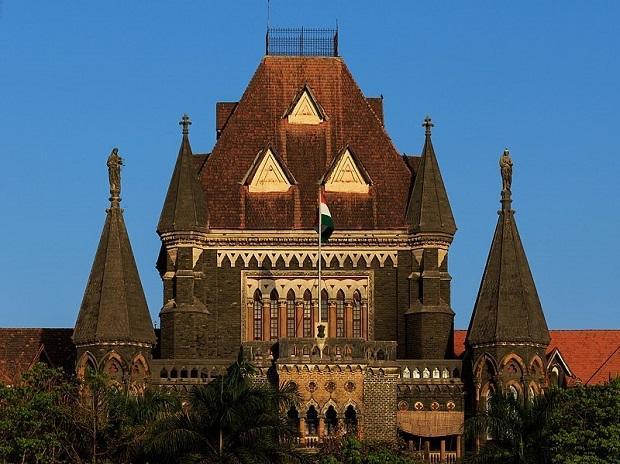If DA is already stamped, no more stamp duty of more than Rs 100 can be imposed on individual allotment agreements: Bombay HC

Court set aside the circulars that contemplated that a Permanent Alternate Allotment Agreement (PAAA) executed between the developer and members of the society required it to be stamped again even though the development agreement executed between the developer and the society was already stamped.
The Bombay High Court in a recent landmark judgment ruled that once stamp duty has been paid on the development agreement (DA), no separate stamp duty can be levied on individual permanent alternate accommodation agreements (PAAAs), which are signed when flat owners are given new housing in place of their old housing as part of redevelopment projects.
"...and therefore according to Maharashtra Stamp Act no stamp duty above 100 can be put on PAAs for areas that society members will get for free after redevelopment," Court held.
The division bench of Justices Gautam Patel and Neela Gokhale while hearing a batch of petitions which challenged the circulars issued by the Inspector General of Registration and Controller of Stamps, Maharashtra on 23rd June 2015 and 30th March 2017 which levied stamp duty of permanent alternate accommodation agreements (PAAA) said that PAAs had to pay a separate stamp duty based on the cost of construction. This was more than the Rs. 100 stamp duty that Section 4 of the State's Stamp Act says is due on other documents.
The Court said that stamp duty can't be levied twice. "Most of the time, PAAs are individual contracts that members of cooperative housing societies and developers sign during redevelopment projects. Once the society has paid duty on the Development Agreement, these agreements cover areas that residents have the right to get for free during redevelopment (DA)," Court opined.
Court further explained that PAAA could only be stamped again if it allowed a member to buy more land than what was already available to the member.
In 2015, a circular said that individual PAAAs were different from DAs and they had to pay stamp duty separately. The division bench did not agree with this, though, and went on to say that the PAAA only included clauses that were specific to each member, which were already in the DA.
Court observed that the developer is not selling homes to society members on re-development. The only sale is of any additional area that the member purchases. The rest is an obligation to be performed by the developer in consideration of the members, through their society, giving the developer the benefit of the free-sale units and hence the 2015 circular was set aside.
The 2017 circular, on the other hand, said that every member of the society must countersign the DA because it is a multi-party agreement. The Court in this view said that the revenue authority didn't have the right to tell the DA what shape it should have been and a tax collector must take the document as it is.
Court decided that the DA didn't have to be signed by every member of the society and that it could be signed by anyone. Court pointed out that the DA controls the redevelopment and the rights of society members even if individual members don't sign
"In law, there is no idea of a group that doesn't look out for the interests of all its members," the bench said.
With this, the 2017 circular was also set aside by the Court. "This requirement by the stamp office that Section 4(1) doesn't apply unless a member personally signs the DA is something that the stamp office or the state government made up on their own. It has nothing to do with law or, for that matter, logic,” Court observed
Court also made it clear that this decision applies to all cases of redeveloping society. The clarification was made because some people said that in the past, the people in charge of stamps have avoided following court orders by saying that they only apply to specific cases.
The court observed that:
“Whenever this Court has pronounced the law on similar aspects relating to stamp, it is found that the stamp authorities choose to see that decision as being confined to the facts of that case. They then proceed to make the same demand again. This results in more petitions being filed in this Court, all revisiting laws already settled and decided. We deprecate this approach and these conclusions aren't just based on the facts of the cases we're looking at right now”.
Cause Title - Adityaraj Builders vs. State of Maharashtra & Ors & Group Matters
Statute – Maharashtra Stamp Act 1958
